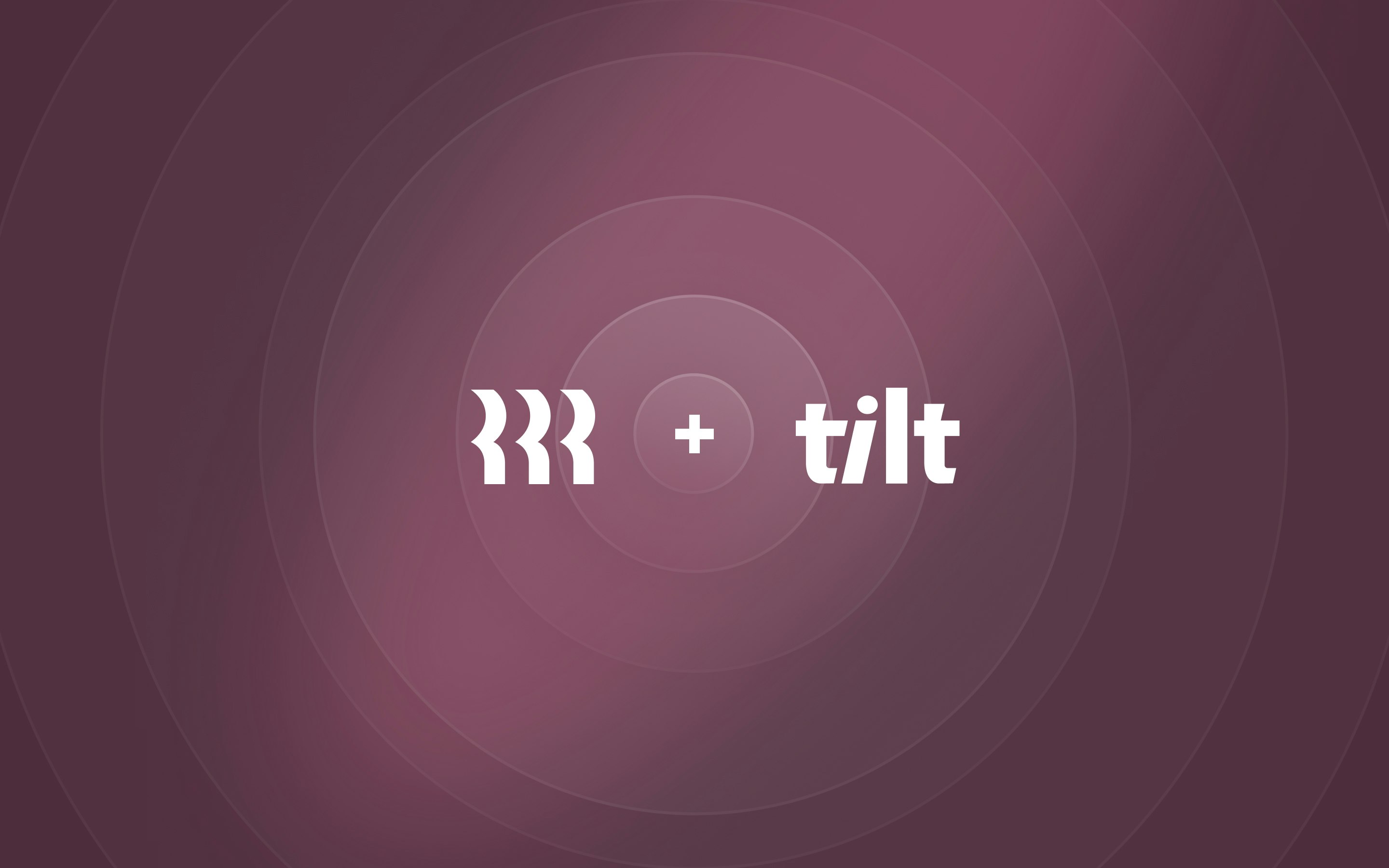Employment and labor laws in Vermont [Updated 2025]

Employment and labor laws help ensure fair treatment and equitable practices for employees across the nation. While federal laws provide a foundation, each state tailors its regulations to reflect the unique needs of its workers and businesses. Vermont, known for its picturesque landscapes and artisanal industries, also has a reputation for progressive employment legislation, often going beyond federal requirements to protect and benefit its workforce.
Rippling’s Professional Employer Organization (PEO) service can set up and manage your tax registration in Vermont, so you can focus on growing your business.
Employment vs. labor law: What’s the difference?
The terms "employment law" and "labor law" are often used interchangeably. Though they do overlap, their actual definitions are distinct.
The main difference between them is the parties involved. Employment law has to do with the relationship between an employer and an employee. Labor law, on the other hand, involves employers and groups of people, such as labor unions.
In more detail:
- Employment Law encompasses compensation, working hours, hiring, workplace health and safety, non-discrimination, termination, etc.
- Labor Law addresses the formation and administration of labor unions, the negotiation of wages, benefits, and working conditions through collective bargaining, and more.
Wages and hours in Vermont
In the Green Mountain State, employers need to know the laws around wages and hours so they can fairly compensate employees for their work. These include minimum wage and overtime pay regulations and how these compare with federal standards.
Minimum wage in Vermont
As of January 1, 2025, the state minimum wage rate in Vermont is $14.01 per hour, up from the previous state minimum wage of $13.67. This is considerably higher than the federal minimum wage of $7.25 per hour.
Unlike some states where the minimum wage can fluctuate from city to city, Vermont maintains a statewide standard rate, so whether you’re in the bustle of Burlington or the tranquility of Stowe, the minimum wage is consistent.
As you set your employees’ wages, Rippling can alert you to minimum wage violations based on Vermont’s regulations—giving you one less thing to worry about as you focus on growing your business.
Overtime pay in Vermont
In Vermont, overtime is calculated and owed for any hours worked over 40 in a single workweek. Employees are entitled to receive 1.5 times their regular pay rate for overtime hours.
Rippling's payroll service automatically adjusts pay rates when an employee’s work hours trigger overtime pay requirements, ensuring compliance with Vermont’s wage and hour laws.
Pay transparency in Vermont
Pay transparency laws are designed to narrow the wage gap and promote openness about compensation within the workplace by requiring employers to disclose pay information to job applicants and current employees.
While more and more states are passing pay transparency laws, Vermont isn’t yet one of them—the state considered a law in 2023 that would have required employers to disclose salary information to job applicants and current employees, but it didn’t pass. However, employers in Vermont are prohibited from asking job applicants about their salary histories.
Rippling's Headcount and Compensation Bands tool alerts you to any out-of-band adjustments during employee onboarding, allowing for necessary approvals or blocks on a case-by-case basis.
Breaks and rest periods in Vermont
In Vermont, there are no explicit break laws. But state law implies that employees who work more than six consecutive hours are entitled to a reasonable opportunity to eat and rest—though it doesn’t state a specific time period.
Employers must also provide reasonable unpaid rest breaks each day for breastfeeding mothers to express milk for nursing children for up to three years after childbirth. Additionally, employers are encouraged to provide a private space that isn’t a bathroom.
Leaves of absence in Vermont
Leaves of absence in Vermont are governed by both federal and state laws that protect the jobs of employees during significant life events. Eligible employees in Vermont can take leave for several family and medical reasons, including the birth of a child, to care for a family member with a serious health condition or their own health issues. These provisions align with the federal Family and Medical Leave Act (FMLA), which allows eligible employees to take up to 12 weeks of unpaid leave each year.
In 2025, Vermont is expanding its paid family leave program (Vermont Family and Medical Leave Insurance) to make it possible for small employers with at least one employee to purchase coverage via the individual purchasing tool.
Military leave
Employees in Vermont may be entitled to leave for various types of military service, including duty in the National Guard or as a reservist. Military leave provisions ensure that employees can fulfill their civic duties without losing employment rights.
Jury duty leave
Employees have the right to take time off work to fulfill their civic duty. It’s illegal for employers to fire employees for taking time off work to serve on a jury, though they aren’t required to pay them for jury duty leave.
Town meeting leave
Vermont employees have the right to take time off to attend their annual town meetings. This leave is unpaid for non-state workers, and employees must notify their employers at least seven days in advance.
Pregnancy disability leave in Vermont
Vermont’s Parental Leave Law entitles eligible employees to up to 12 weeks of unpaid leave per year during pregnancy or after childbirth, which can be used for short-term disability due to pregnancy. Covered employers include those with 10 or more workers, and eligible employees must work for a minimum of 30 hours a week for at least a year to qualify.
Paid sick leave in Vermont
Vermont is progressive in its approach to paid sick leave (PSL), ensuring that employees don’t have to choose between their health and their paychecks. Employees earn one hour of sick time for every 52 hours of work. Employees can earn up to 40 hours of paid sick leave and use it for reasons such as:
- Personal illness or injury: Time off to recover from a personal illness or to seek medical care
- Caring for a family member: This includes illness or medical care for a child, spouse, parent, or parent-in-law
- Safe leave: Time off related to domestic violence, sexual assault, or stalking, where employees need to ensure their safety or that of their family members
Rippling can help you automate and tailor your leave policies, ensuring full transparency into how your employees utilize their leave.
Workplace safety in Vermont
Workplace safety is a fundamental aspect of employment, where employers are responsible for providing a safe working environment. This means adhering to federal Occupational Safety and Health Administration (OSHA) regulations and any state-specific laws that may impose stricter standards.
In Vermont, employers must comply with federal OSHA standards, but the state also enforces its own regulations to ensure an even safer work environment. Some of the employee protections under Vermont's workplace safety laws include:
- Right to know about hazards: Employees have the right to be informed about potential hazards they may encounter on the job.
- Access to safety equipment: Employers are required to provide necessary safety gear and training on how to use it correctly.
- Injury and Illness Prevention Programs (IIPP): Although not a federal requirement, Vermont encourages employers to implement an IIPP to proactively manage workplace safety and health.
- Reporting and recordkeeping: Employers must keep detailed records of workplace injuries and illnesses and report severe incidents to the appropriate state agency.
Rippling's Professional Employer Organization (PEO) service provides a convenient pay-as-you-go workers' compensation plan that doesn't require you to pay upfront for the entire year. This flexibility can help you scale your business in Vermont, ensuring you’re covered for workplace safety obligations without the added stress of large initial payments.
Discrimination and harassment laws in Vermont
In Vermont, discrimination and harassment in the workplace are taken seriously. Under Vermont law, the following characteristics are explicitly protected from discrimination:
- Race
- Color
- Religion
- National origin
- Sex (including pregnancy)
- Sexual orientation
- Gender identity
- Age
- Disability
- HIV status
- Marital status
- Place of birth
- Genetic information
- Crime victim status
Harassment is defined as unwelcome conduct based on the abovementioned characteristics. Certain behaviors can be considered unlawful when enduring the offensive conduct is a condition of continued employment or the conduct is severe enough to create a hostile work environment. Examples of harassment include unwanted jokes, slurs, epithets, or physical or sexual harassment.
Although not legally required, the state of Vermont strongly encourages employers to provide sexual harassment training to their employees.
To ensure compliance with requirements that can vary by state, employers can utilize Rippling’s Learning Management System (LMS), which is pre-loaded with core sexual harassment training courses tailored to meet state requirements based on where employees live and work.
Unions in Vermont
A union is an organized group of workers who come together to make decisions about conditions affecting their work. Collective bargaining is the process where unions negotiate with employers to establish terms of employment, such as wages, hours, and other working conditions.
Employees who are union members generally have the following rights under federal law:
- The right to join or form a union
- The right to assistance from a union in bargaining for better work conditions
- The right to participate in strikes and other forms of concerted activity for mutual aid or protection
- The right to refrain from any of these activities
It’s illegal for employers to threaten or retaliate against employees for choosing to join or not join a union or exercising any of their rights related to union activities.
Vermont is not a "right-to-work" state, meaning employees may be required to join a union or pay union dues as a condition of employment.
FAQs about Vermont labor and employment laws
Are independent contractors covered under Vermont employment laws?
Independent contractors in Vermont are generally not covered under the same employment laws as traditional employees. It's important for employers to correctly classify workers, as misclassification can lead to legal consequences.
Does at-will employment exist in Vermont?
Vermont is an at-will employment state, meaning employers and employees can terminate the employment relationship at any time without notice or cause as long as it doesn’t violate the law.
What privacy rights do employees have in Vermont?
Employees in Vermont have a right to privacy that includes protections against unreasonable searches and surveillance in the workplace. Employers must balance their interests in monitoring and managing their workforce with employees' reasonable expectations of privacy. Additionally, Vermont law protects the privacy of employee personnel records.
Are background checks legal in Vermont, including drug testing and social media?
Background checks are legal in Vermont but are subject to certain restrictions under both state and federal law. Employers must obtain the applicant's consent and ensure that they aren’t using the information obtained in a discriminatory way, in accordance with the Fair Credit Reporting Act (FCRA) and Vermont's own fair employment practices.
Employees in Vermont enjoy privacy rights that restrict employers from conducting drug testing without a proper disclaimer and adherence to specific conditions. Additionally, employers can’t ask for social media passwords or access private information without consent.
Are whistleblowers protected in Vermont?
Whistleblowers in Vermont are protected from retaliation when reporting violations of the law.
Is workers’ compensation coverage required in Vermont?
Yes, employers in Vermont are required to provide workers' compensation coverage. This mandatory insurance provides benefits to employees who suffer work-related injuries or illnesses, regardless of who was at fault for the injury.
Do Vermont's child labor laws affect the rate of pay for tipped employees?
Yes, Vermont's child labor laws include provisions on the rate of pay for minors, including tipped employees.
Are there required healthcare benefits in Vermont?
Under the federal Affordable Care Act (ACA), certain employers, generally those with 50 or more full-time employees, are required to provide health insurance benefits.
Are Vermont employers required to provide bereavement leave?
Vermont employers aren’t mandated by state law to provide bereavement leave, whether paid or unpaid. Bereavement policies are often at the discretion of the employer and can vary widely between different workplaces.
Are Vermont employers required to accommodate leave for the birth of a child, or is this covered by parental leave policies?
The birth of a child is typically covered under parental leave policies. This can include both unpaid leave and paid family leave, depending on the employer's policy and the specific circumstances of the leave.
In 2025, Vermont is planning on expanding its paid family leave program to make it possible for small employers with at least one employee to purchase coverage via the individual purchasing tool.
What employee protections are available in Vermont if layoffs occur, particularly concerning collective bargaining agreements?
In Vermont, collective bargaining agreements may influence protections for unionized workers in the event of layoffs. These agreements can provide additional security and severance terms, complementing federal legislation like the WARN Act.
This blog is based on information available to Rippling as of February 24, 2025.
Disclaimer: Rippling and its affiliates do not provide tax, legal, or accounting advice. This material has been prepared for informational purposes only, and is not intended to provide, and should not be relied on for tax, legal, or accounting advice. You should consult your own tax, legal, and accounting advisors before engaging in any related activities or transactions.





